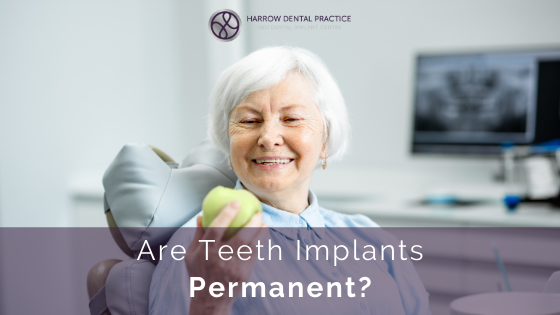Composite bonding is one of the routinely performed dental procedures worldwide. Whether you are unhappy with the colour of your teeth, or you wish to get rid of your chipped or crooked teeth, cosmetic bonding is the solution to virtually all restorative and cosmetic dental problems.
If the appearance, shape, or colour of your teeth makes you unhappy, this article is for you as we explain everything you need to know about composite restorations. So, continue reading to find out how composite bonding can help you achieve an attractive and confident smile.
What Is Composite Teeth Bonding?
According to the British Academy of Cosmetic Dentistry, bonding is a cosmetic procedure in which your dentist will place a tooth-coloured, resin-based filling material on your teeth to fix various restorative and cosmetic dental issues. Some of the dental problems that can be fixed with bonded restorations include:
- Permanently discoloured teeth
- Chipped or cracked teeth
- Congenitally de-shaped teeth
- Restoration of teeth after removal of tooth decay
- To cosmetically fix mild to moderate cases of dental overcrowding
- To cosmetically restore mild case of teeth gaps
Can Bonded Teeth Be Whitened?
A common question that dental patients ask is whether bonded restorations can be whitened like natural teeth. Unfortunately, it is not possible to whiten bonded restorations using bleaching agents. In cases where bonded restorations get stained or discoloured, the only option is to either repair them with a fresh layer of composite resins, or to replace them altogether.
Can I Get Dental Bonding Instead Of Braces?
There are certain cases where dental bonding may be used as a “cosmetic alternative” to orthodontic treatment. For example, if someone has mild tooth crowding, misalignment, or teeth gaps and they don’t want to get braces for treatment, their dentist may use bonded restorations to treat the cosmetic issue caused by these conditions. However, it must be noted that bonded fillings will only improve the aesthetics and will not address the underlying issue. Therefore, the ideal treatment option for orthodontic problems is braces or Invisalign aligners, which completely eliminate the underlying problem.
Should I Get Dental Veneers Or Dental Bonding?
Dental bonding and veneers are excellent options for fixing various restorative and cosmetic tooth defects. Likewise, both have their own merits and demerits. Dental bonding is a single visit procedure that does not require extensive removal of the healthy tooth structure. On the other hand, porcelain veneers require at least 2-3 visits and require tooth preparation for their bonding to the teeth. Furthermore, dental veneers are more expensive than composite bonding. At the same time, if we compare the longevity of both, veneers are stronger and longer-lasting. So, if you are looking for a cost-effective and quick restorative option, bonding should be your choice. On the other hand, if you are looking for a long-term and aesthetically pleasing solution, you should consider veneers.
Can Dental Bonding Be Added To The Back Of Front Teeth?
Yes, dental bonding can be applied on any tooth surface. The reason is that dental bonding, as its name suggests, bonds directly to the tooth structure. So, no matter what tooth surface is damaged, it can be restored with composite fillings. On the other hand, dental veneers are only applied to the front surfaces of the teeth.
How Long Do Composite Fillings Take To Set?
Composite restorations are based on polymeric resins. After applying a composite material layer to the tooth, your dentist will use a special light to polymerise the material and harden it. In this way, dentists apply increments of composite resins and harden them to obtain the desired tooth shape and aesthetics. So, the composite resin filling set. However, although the setting reaction of composite restorations starts immediately, it may take up to 24 hours for them to harden completely.
Can Dental Composite Bonding Cover Severe Fluorosis?
Dental fluorosis is when the teeth appear permanently discoloured due to excessive exposure to fluoride during childhood. In this condition, faint white or yellow lines appear on the teeth, and the dental enamel is considerably weaker and less resistant to tooth decay.
The discolouration in such teeth cannot be removed through professional teeth whitening. Therefore, the only option to restore their aesthetics is to apply tooth-coloured composite restorations, porcelain veneers, or crowns over them. In fact, dental bonding is one of the commonly used restorative and cosmetic procedures for the aesthetic treatment of tooth discolouration caused by dental fluorosis.
Is Tooth Bonding Safe And Permanent?
Composite restorations are based on polymeric resins, which are harmless and do not cause any adverse effects in the oral cavity. This is also why dentists recommend getting composite restorations instead of silver amalgam fillings that are known to cause adverse health effects due to mercury.
If we talk about the longevity of composite resins, they are quite durable, but like all dental restorations, they are not everlasting. However, with proper care and oral hygiene maintenance, you can expect your bonded restorations to last for 5-10 years, even longer with adequate care.
Another factor that determines the lifespan of bonded fillings is the skill of the dentist and the quality of the material used. At Harrow Dental Practice, we take pride in having the most qualified and experienced dentists in town and state-of-the-art dental equipment. We also use high-quality materials that are long-lasting and have no adverse effects. So, what are you waiting for? Book a free virtual consultation with us today, and let us give you a beautiful and confident smile that you genuinely deserve.


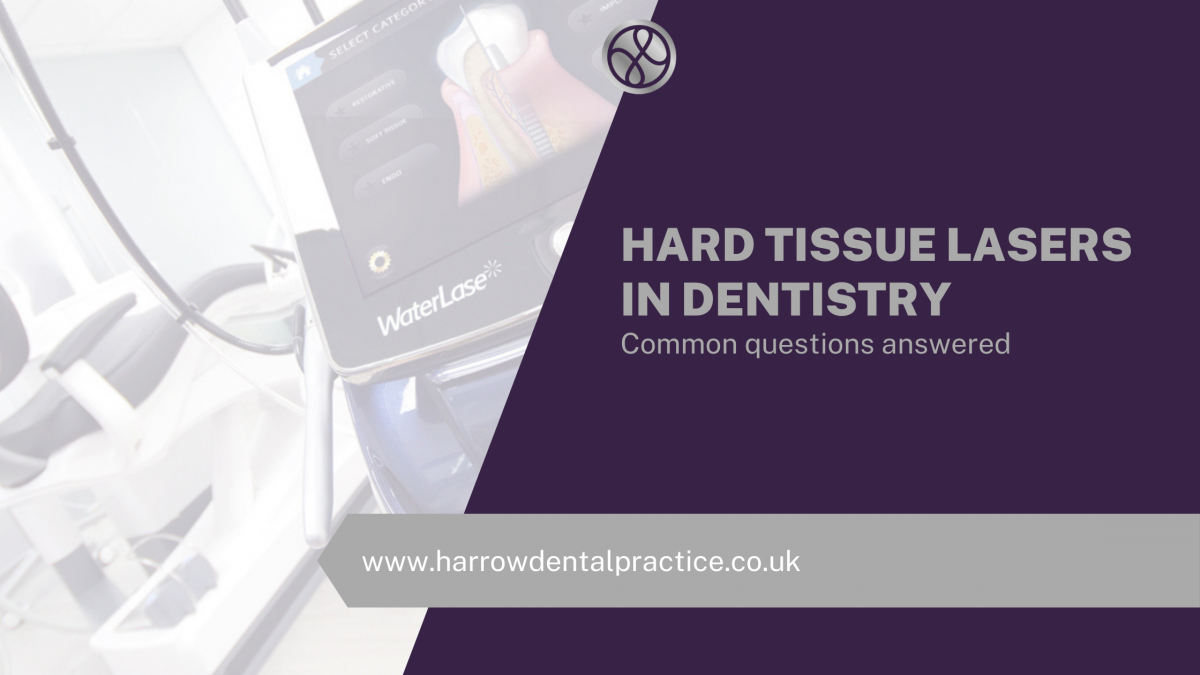
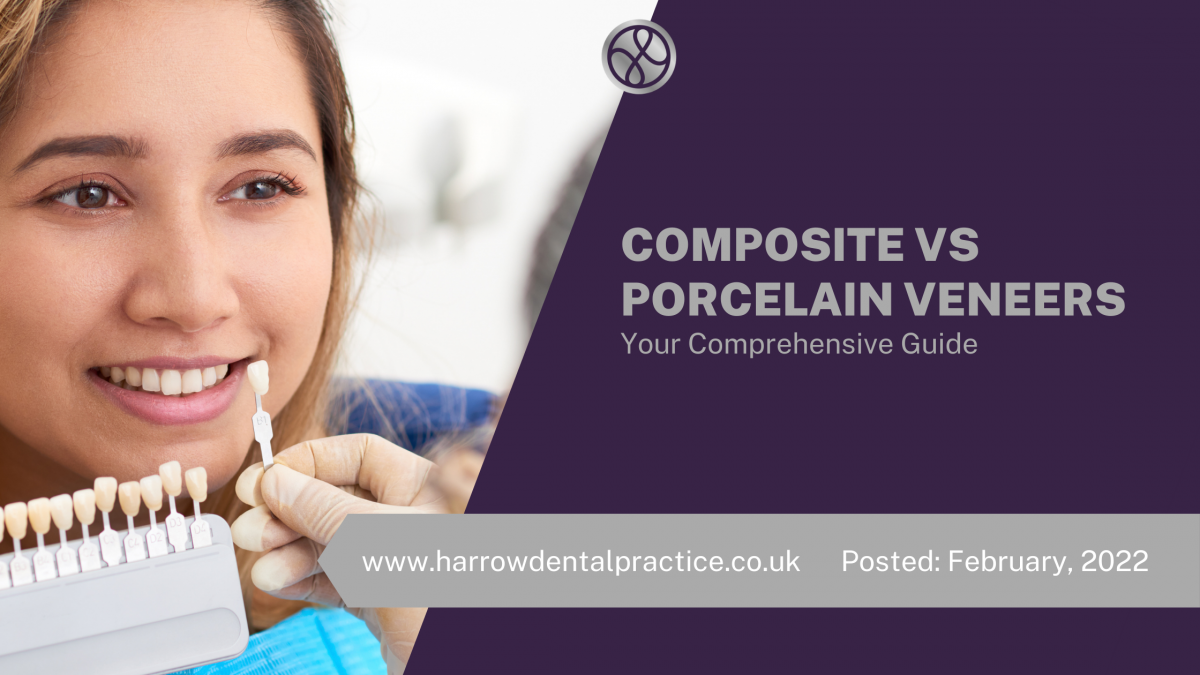



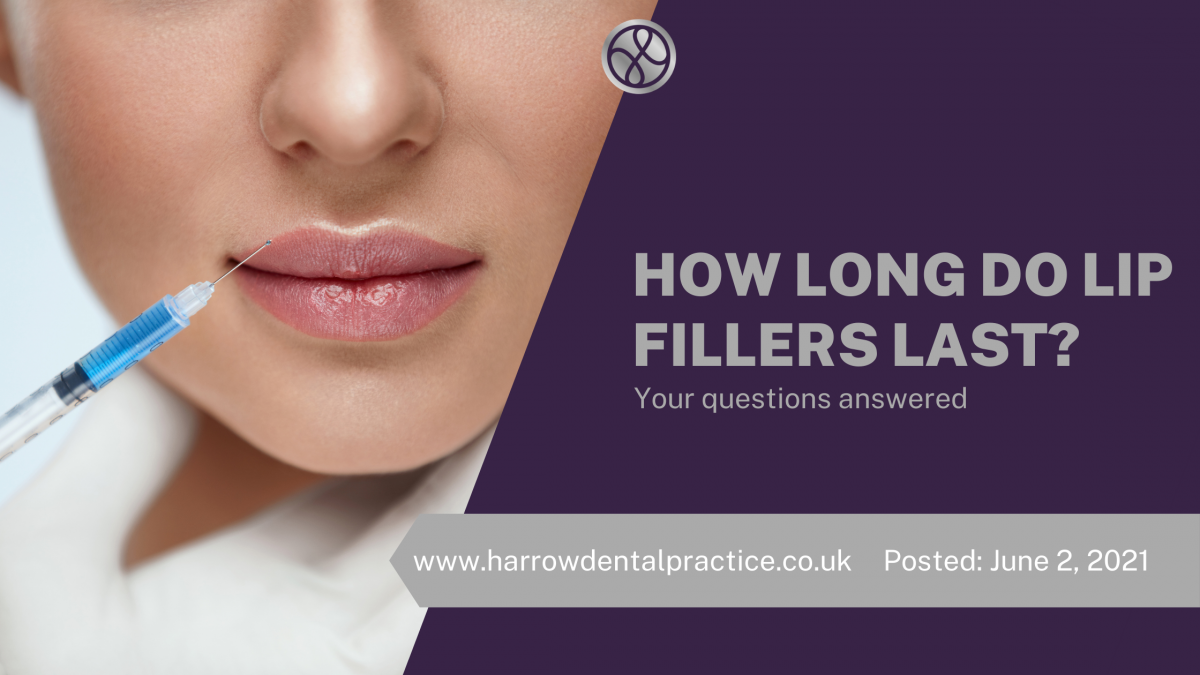
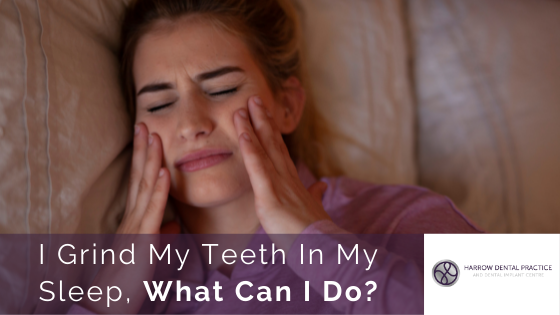
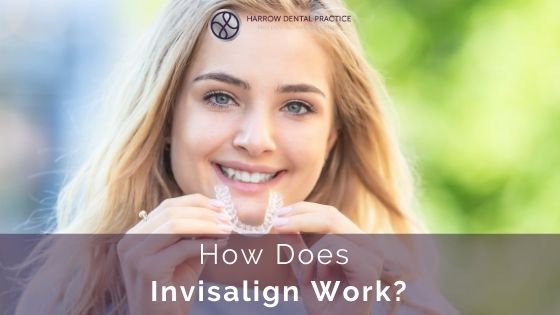 If you are thinking about getting your teeth straightened with orthodontic treatment, you might find yourself stuck between different available teeth straightening options. Like many people, you might also be wondering whether the
If you are thinking about getting your teeth straightened with orthodontic treatment, you might find yourself stuck between different available teeth straightening options. Like many people, you might also be wondering whether the 